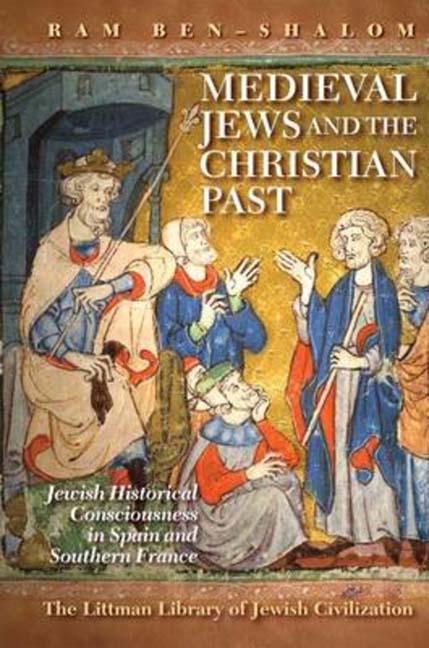4 - History of the Church
Summary
IN THE MIDDLE AGES, the Church had a significant place in Jewish life. The fragile coexistence of Jews and Christians was based on the Augustinian idea of ‘tolerance’, which left room for Jews in the Christian world. However, Jews were marked out, isolated, ostracized, and abused. The Church burned the Talmud and censored rabbinical literature, but it also issued orders protecting Jews in times of crisis (such as during the Black Death in 1348 or after blood libels), and Jews frequently appealed to the pope for protection (for example, at the conference of Jewish communities of Catalonia and Valencia in Barcelona in 1354). Jews encountered the Church as an integral part of their daily lives, and some served it directly: we know of Jews who were physicians and tailors to popes. The cultural and social encounter with the Church made a strong impression, which was manifested in various forms. In contrast to Ashkenazi Jewry, which constantly expressed a strong aversion to the Church, the Jews of Spain and southern France acknowledged the positive aspects of their contact with Christian culture. For example, they regarded Christian universities and other educational institutions as praiseworthy temples of knowledge and bastions of science, and some Jews even tried to gain entrance to them or studied privately with teachers from the universities. The works of Christian theologians, philosophers, logicians, and scholars were admired, studied, and translated by Jews.
Spanish and Provençal Jews admired the Church for other reasons as well. Solomon Alami ibn Lahmish enthusiastically lauded the Church's success in collecting tithes. He wrote after the Disputation of Tortosa in 1413–14 and stated that, in contrast to the Jews, the Christians, in particular the rich, paid their Church taxes willingly, thus contributing to the glorification of the Church, the studies of its scholars, and the honour of the houses of worship. Joel ibn Shuaib, who lived in Tudela at the end of the fifteenth century, praised Christian methods of atonement and penitence, which involved a sanctified ‘special house and a special man’ who forgave and granted atonement. Menahem Me’iri of Perpignan (1249–1315) also admired Christian methods of obtaining atonement and the literature that dealt with it and wrote H. ibur hateshuvah to make up for the lack of such literature in Judaism.
- Type
- Chapter
- Information
- Medieval Jews and the Christian PastJewish Historical Consciousness in Spain and Southern France, pp. 148 - 176Publisher: Liverpool University PressPrint publication year: 2015



